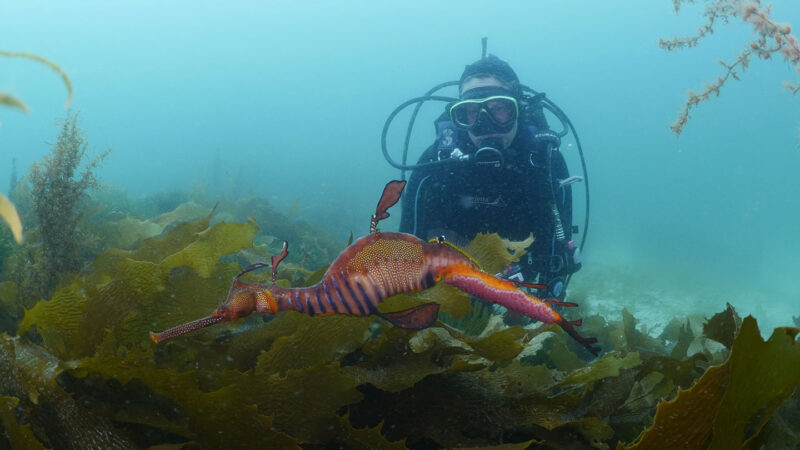
accountant: A person whose job it is to develop, manage or inspect financial records.
appendage: A finger, leg, ear, antenna or other feature that sticks out from some creature and has some apparent specific function.
attention: The phenomenon of focusing mental resources on a specific object or event.
biodiversity: (short for biological diversity) The number and variety of species found within a localized geographic region.
citizen scientists: Public volunteers — people of all ages and abilities — who participate in research. The data that these citizen “scientists” collect helps to advance research. Letting the public participate means that science can get data from many more people and places than would be available if they were being collected by trained scientists alone.
data: Facts and/or statistics collected together for analysis but not necessarily organized in a way that gives them meaning. For digital information (the type stored by computers), those data typically are numbers stored in a binary code, portrayed as strings of zeros and ones.
database: An organized collection of related data.
DNA: (short for deoxyribonucleic acid) A long, double-stranded and spiral-shaped molecule inside most living cells that carries genetic instructions. It is built on a backbone of phosphorus, oxygen, and carbon atoms. In all living things, from plants and animals to microbes, these instructions tell cells which molecules to make.
field: An area of study, as in: Her field of research is biology. Also a term to describe a real-world environment in which some research is conducted, such as at sea, in a forest, on a mountaintop or on a city street. It is the opposite of an artificial setting, such as a research laboratory. (in physics) A region in space where certain physical effects operate, such as magnetism (created by a magnetic field), gravity (by a gravitational field), mass (by a Higgs field) or electricity (by an electrical field).
genetic: Having to do with chromosomes, DNA and the genes contained within DNA. The field of science dealing with these biological instructions is known as genetics. People who work in this field are geneticists.
high school: A designation for grades nine through 12 in the U.S. system of compulsory public education. High-school graduates may apply to colleges for further, advanced education.
kelp: A type of large seaweed that is usually a type of brown algae. They grow underwater and form large forests, providing habitat for many organisms. Some kelp forests are so large they can be seen from space.
lobe: A rounded and somewhat flat projection. Many leaves, for instance, have lobed edges. The lungs and brain also have lobes.
machine learning: A technique in computer science that allows computers to learn from examples or experience. Machine learning is the basis of some forms of artificial intelligence (AI). For instance, a machine-learning system might compare X-rays of lung tissue in people with cancer and then compare these to whether and how long a patient survived after being given a particular treatment. In the future, that AI system might be able to look at a new patient’s lung scans and predict how well they will respond to a treatment.
marine: Having to do with the ocean world or environment.
population: (in biology) A group of individuals (belonging to the same species) that lives in a given area.
reward: (In animal behavior) A stimulus, such as a tasty food pellet, that is offered to an animal or person to get them to change their behavior or to learn a task.
seagrass: The name is a misnomer because these are not grasses, but flowering underwater plants. Like land plants, seagrasses use photosynthesis to power the production of food and the release of oxygen. Some 60 different species can be found around the world. How deeply they can grow tends to depend on how clear the water is, and therefore how far down the sunlight can penetrate.
sequence: The precise order of related things within some series. (in genetics) n. The precise order of the nucleotides within a gene. (v.) To figure out the precise order of the nucleotides making up a gene.
species: A group of similar organisms capable of producing offspring that can survive and reproduce.
Tasmania: A major, mountainous island of Australia, south of the eastern part of the mainland across the Bass Strait. Until 1856, Tasmania had been known as Van Diemen’s Land. Home to nearly 500,000 people, its capital city is Hobart. The name also refers to a state in Australia that comprises this island and several smaller ones.
tool: An object that a person or other animal makes or obtains and then uses to carry out some purpose such as reaching food, defending itself or grooming.
unique: Something that is unlike anything else; the only one of its kind.
